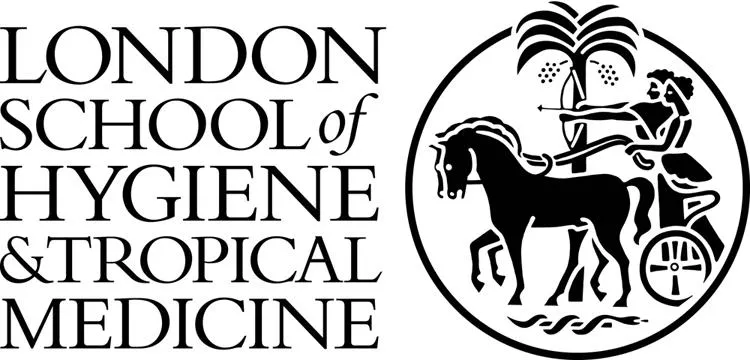Research in the Torraca group focuses on host-pathogen interactions, genomic epidemiology, and antimicrobial resistance for globally relevant pathogens. Employing in vitro models and the zebrafish in vivomodel, the lab studies human infections caused by Shigella, E. coli, Salmonella, Mycobacterium, and Sindbis virus.
The team is particularly oriented towards deciphering the mechanisms by which certain pathogens establish persistent and chronic infections, which are not entirely eradicated by the host immune system or antimicrobial therapies. The group actively engages in the development of innovative strategies to counteract infectious diseases.
In addition to our focus on infectious diseases, the Torraca group is also committed to advancing the field of cell biology, exploring infections as sophisticated tools to provide new insights into cell functions in both physiological and pathological contexts.
Our Partners

University of Westminster


